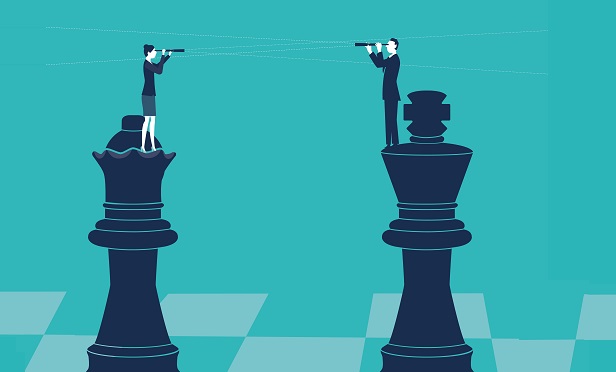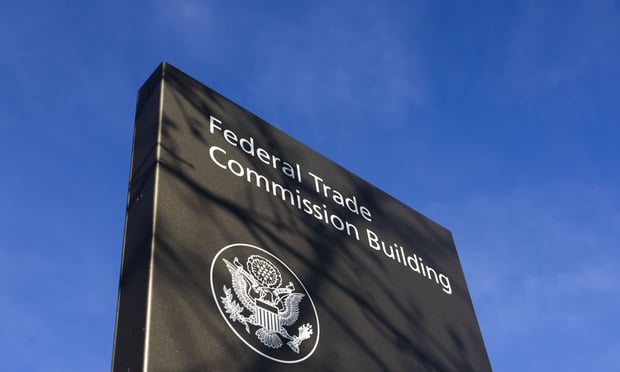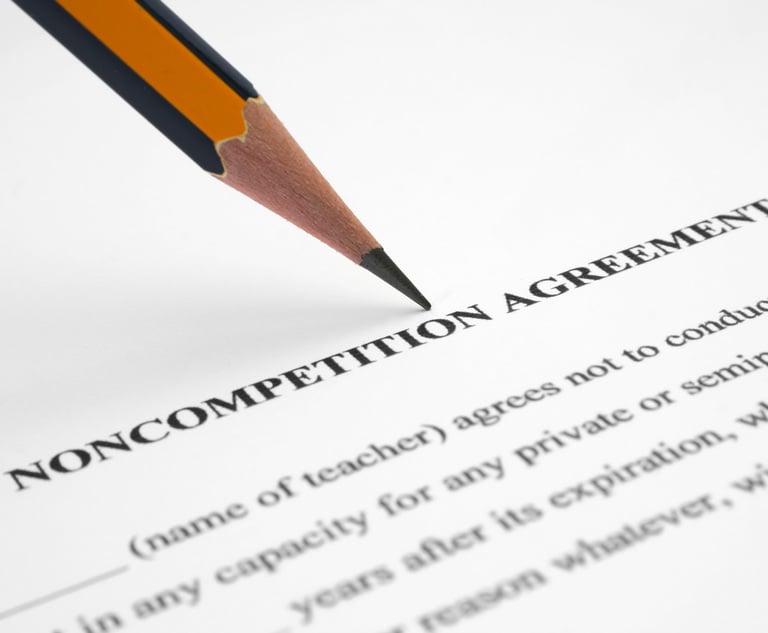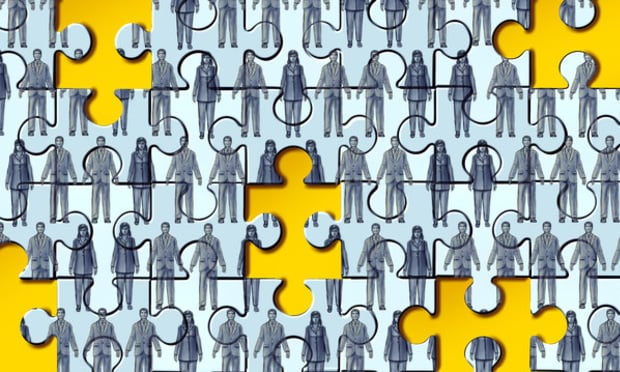
Although compensation inequality and workplace sexualharassment continue to be top issues among employers, itturns out that many people are okay with the status quo, accordingto Randstad US's report “Women in the Workplace 2019.”
|“While fewer women than men believe they are paid fairly, mosthave no way of knowing what others earn—and most don't care, aslong as they feel they are adequately compensated for their work,”the authors write.
|Research Now surveyed more than 1,200 workers on behalf ofRandstad US and found that 71 percent of women wouldn't care if amale counterpart was making more than them, as long as theypersonally felt they were fairly compensated. As for male workers,36 percent feel women should not necessarily earn equal pay ifemployers give women more time off than men for family leave.
|The survey also found that many workers don't report tomanagement when they witness sexual harassment of anotheremployee—though the survey did not ask whether respondents wouldcorroborate a co-worker's story if the other person reported theincident first.
|Fifty-one percent of the respondents said they know a woman whohas experienced harassment in the workplace, while 37 percent knowa man who has. Half of workers said they have not spoken up uponhearing a colleague make an inappropriate comment about a person ofthe opposite sex in the workplace. This could be due to the factthat a third of respondents are not confident their companies wouldrespond quickly and appropriately if they reported a harassmentincident.
|Another telling stat: 26 percent of women would rather quittheir jobs than report that they had experienced harassment. As itis, nearly a quarter (24 percent) believe their careers havesuffered—they were passed over for promotions and/or received poorperformance reviews, for example—because they turned down romanticattention or attempts from a direct supervisor.
|Minorities are more likely to report this (42 percent ofAfrican-Americans and 36 percent of Hispanics, vs. 24 percent ofCaucasians), and they are also more likely to know a woman who hasexperienced workplace harassment (65 percent ofAsian-American/Pacific Islanders and 59 percent ofAfrican-Americans, vs. 49 percent of Caucasians).
|“Most employees aren't sure how they can improve gender equalityin the workplace, but cite male advocacy and mentorship programs asimportant steps,” the authors write.
|Indeed, 75 percent of the respondents said that having more menwho are willing to be vocal about gender equality issues would helpcreate a more equal workplace.
|“In honor of International Women's Day, Randstad is encouragingboth men and women to join the conversation and share how they areempowering women or have been empowered by women,” the companywrites, suggesting that people post their comments on social mediausing #empowerawoman and tagging @RandstadUSA.
||
From: BenefitsPro
Complete your profile to continue reading and get FREE access to Treasury & Risk, part of your ALM digital membership.
Your access to unlimited Treasury & Risk content isn’t changing.
Once you are an ALM digital member, you’ll receive:
- Critical Treasury & Risk information including in-depth analysis of treasury and finance best practices, case studies with corporate innovators, informative newsletters, educational webcasts and videos, and resources from industry leaders.
- Exclusive discounts on ALM and Treasury & Risk events.
- Access to other award-winning ALM websites including PropertyCasualty360.com and Law.com.
*May exclude premium content
Already have an account? Sign In
© 2024 ALM Global, LLC, All Rights Reserved. Request academic re-use from www.copyright.com. All other uses, submit a request to [email protected]. For more information visit Asset & Logo Licensing.








